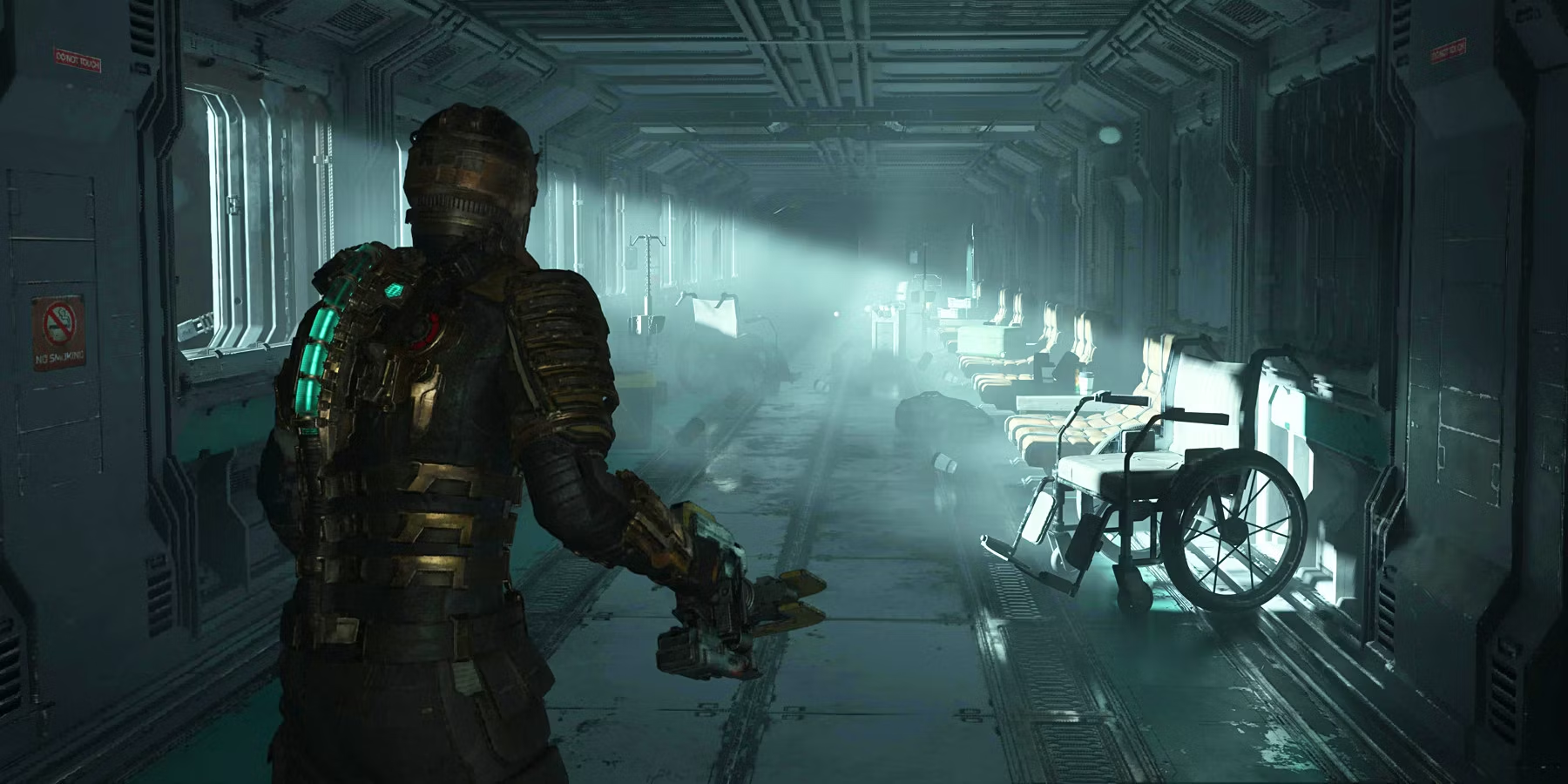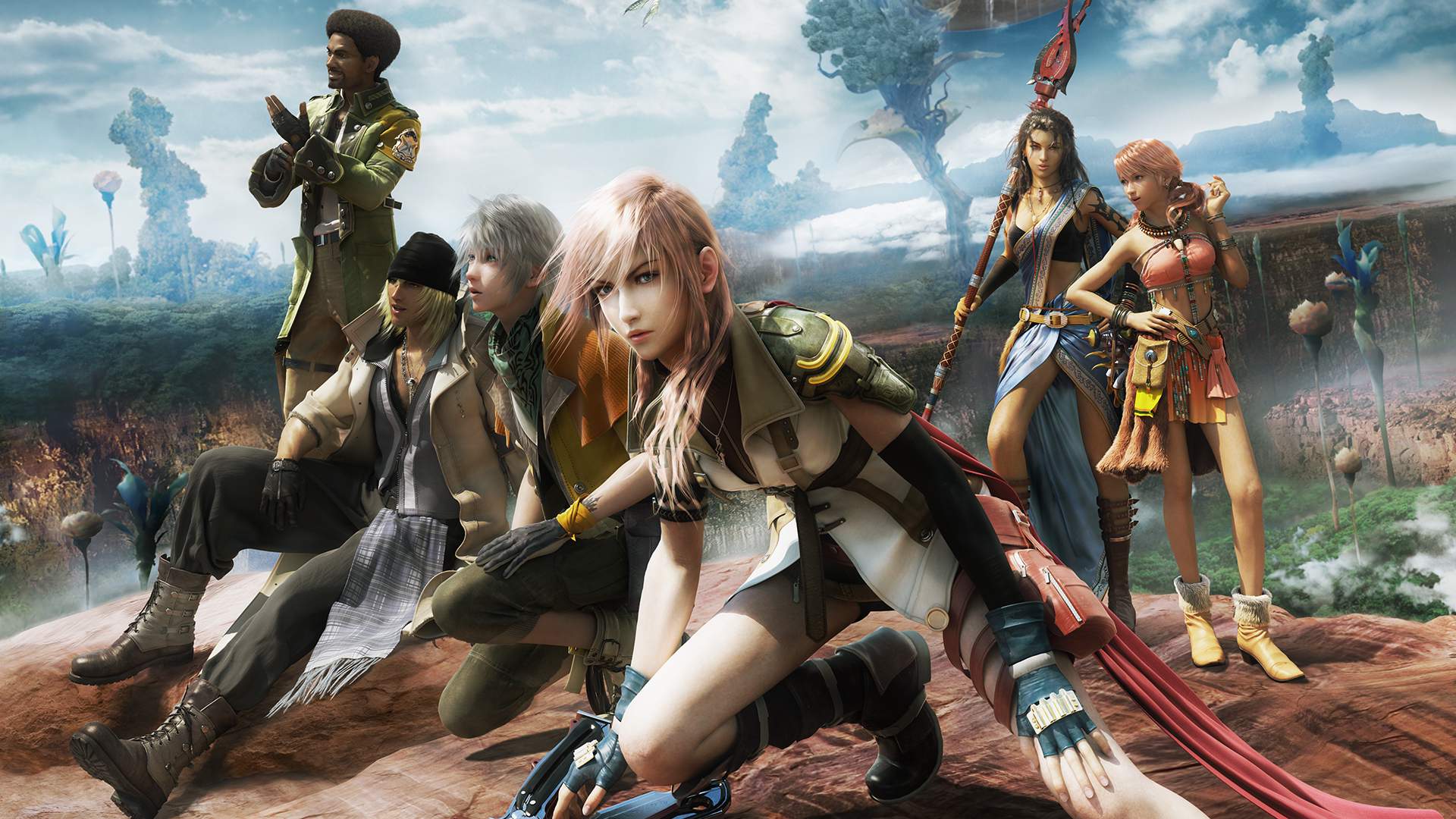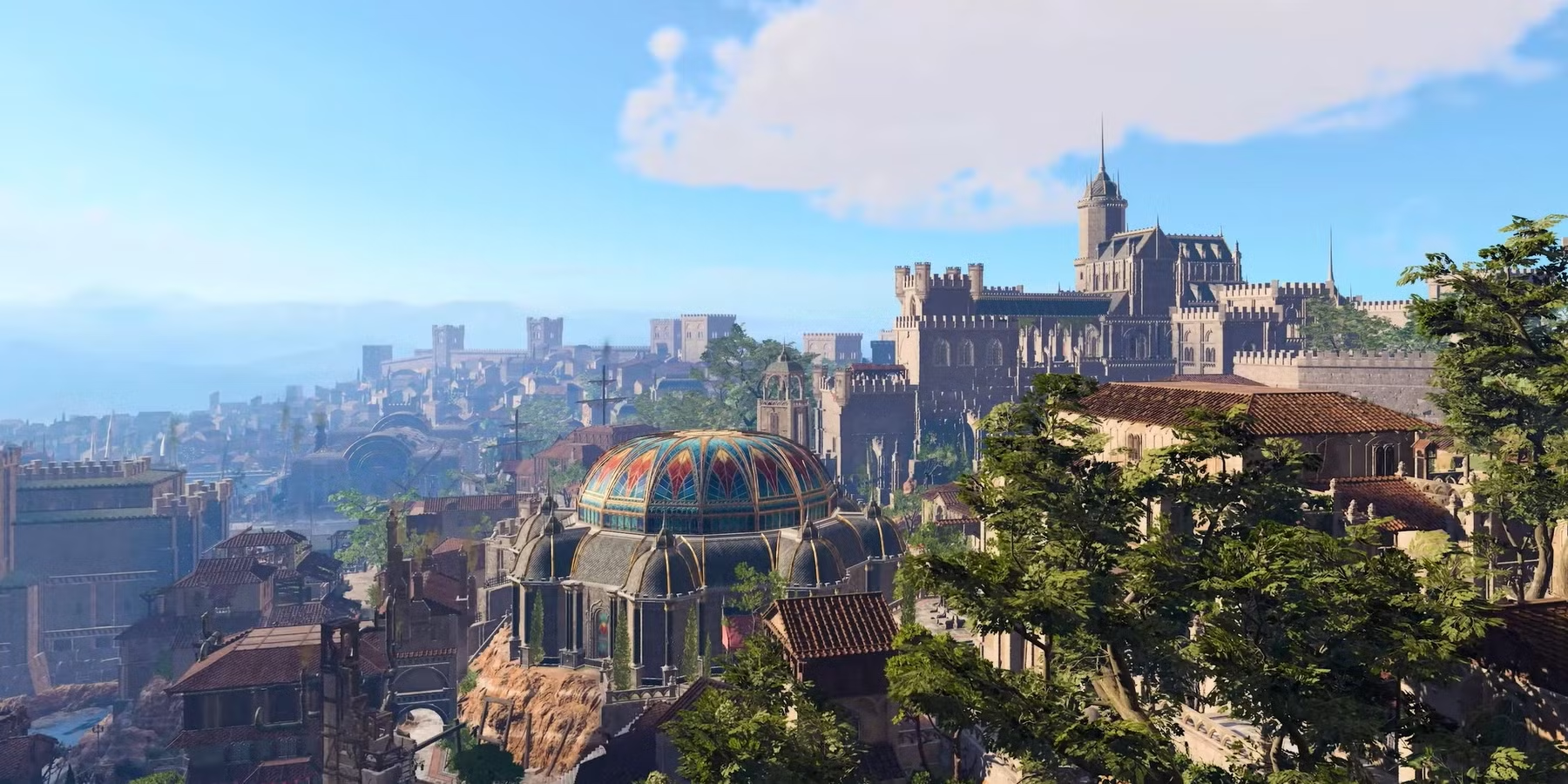Introduction to the Diablo Franchise
When it comes to action role-playing games, the Diablo franchise undoubtedly stands as one of the most influential and renowned series of all time. Developed by Blizzard Entertainment, Diablo made its first appearance in 1996 and quickly set new benchmarks for the genre. The game impressed players with its dark fantasy theme, intricate storyline, and addictive gameplay mechanics. Over the years, the series has grown with several sequels, expansions, and remakes, each refining and expanding upon its predecessors and contributing to its enduring legacy.

The Birth of a Genre-Defining Classic
The original Diablo introduced players to a richly dark and immersive world plagued by demonic forces. Set in the fictional Kingdom of Khanduras, the game challenged players to descend into the depths of the Tristram cathedral to face the Lord of Terror, Diablo himself. What set Diablo apart from other games at the time was its procedural generation of dungeons and loot, creating unique experiences with every playthrough. Combining these elements with a compelling narrative, Diablo quickly became a standout title that would inspire countless games in the years to follow.
Diablo II: Expanding the Universe
In the year 2000, Blizzard released Diablo II, which built upon the success of its predecessor and became one of the highest-rated PC games of all time. Its complex skill trees, expansive world, and multiplayer capabilities set new standards for the genre. Players were introduced to a new selection of heroes and were tasked with hunting down the Prime Evils across various acts and environments, each teeming with lore and challenges.
The game’s impact can also be attributed to the introduction of Battle.net, Blizzard’s online gaming service that allowed players to connect and engage in cooperative or competitive play. This innovation paved the way for the future of online gaming communities. More details on Diablo II can be found on the Diablo Wiki, a comprehensive resource for fans of the series.
Diablo III and Modern Innovations
Fast forward to 2012, Diablo III emerged with high expectations and delivered a modern take on its classic formula. With enhanced graphics, a sophisticated physics engine, and a revamped skill system, Diablo III sought to captivate a new generation of gamers. The game initially faced criticism due to issues such as server problems and the controversial Auction House, but Blizzard’s dedication to improvements resulted in the highly praised “Reaper of Souls” expansion, which refined gameplay and added new challenges through Adventure Mode and Rifts.
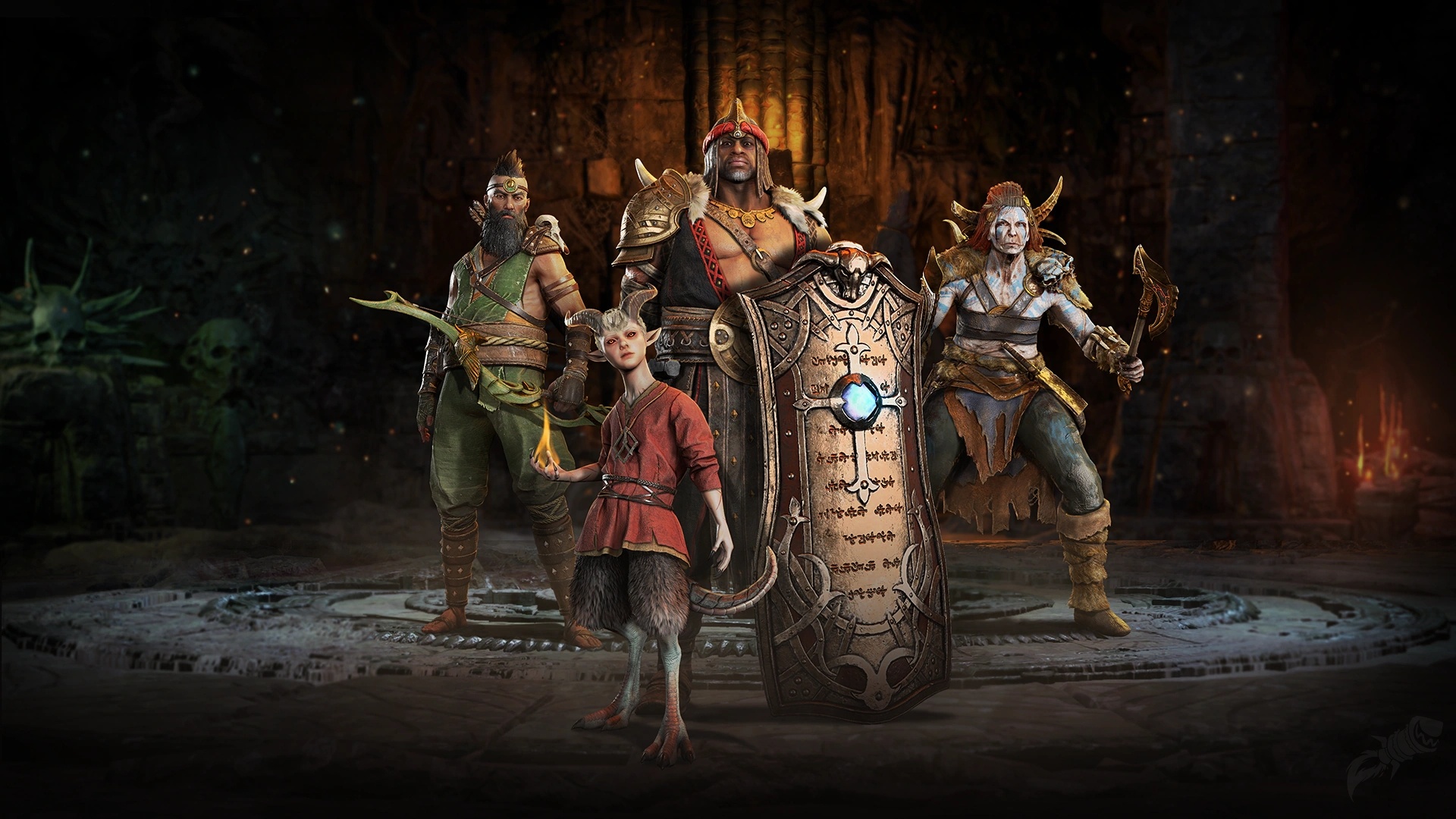
Diablo III’s journey is a testament to Blizzard’s commitment to its fanbase, persistently updating and enhancing the game to meet players’ expectations. For continuous updates and community discussions, the Blizzard Diablo III official site remains a valuable resource for players looking to dive deeper into Sanctuary’s current state.
Diablo’s Cultural Impact and Influences
Beyond its mechanics and narrative, Diablo has carved a niche in popular culture. Its impact is visible in the proliferation of ‘loot and leveling’ mechanics in numerous RPGs since its inception. The term “Diablo clone” emerged to describe games that adopted similar gameplay elements, showcasing the abundant influence of the series. Furthermore, Diablo’s success has spawned a myriad of fan art, literature, and even board games, further cementing its place in gaming history.
The franchise also played a pivotal role in the birth and growth of the eSports scene. Competitive PvP modes in Diablo II set an early example of how online competitive play could be conducted, paving the way for future Blizzard titles like StarCraft and Overwatch.
Future Prospects and Conclusion
As of today, fans eagerly await the release of Diablo IV, which promises a return to the dark roots of the series with expansive open-world exploration and a focus on player choice. Set to embrace the latest gaming technologies, Diablo IV is highly anticipated for its potential to redefine the genre once again.
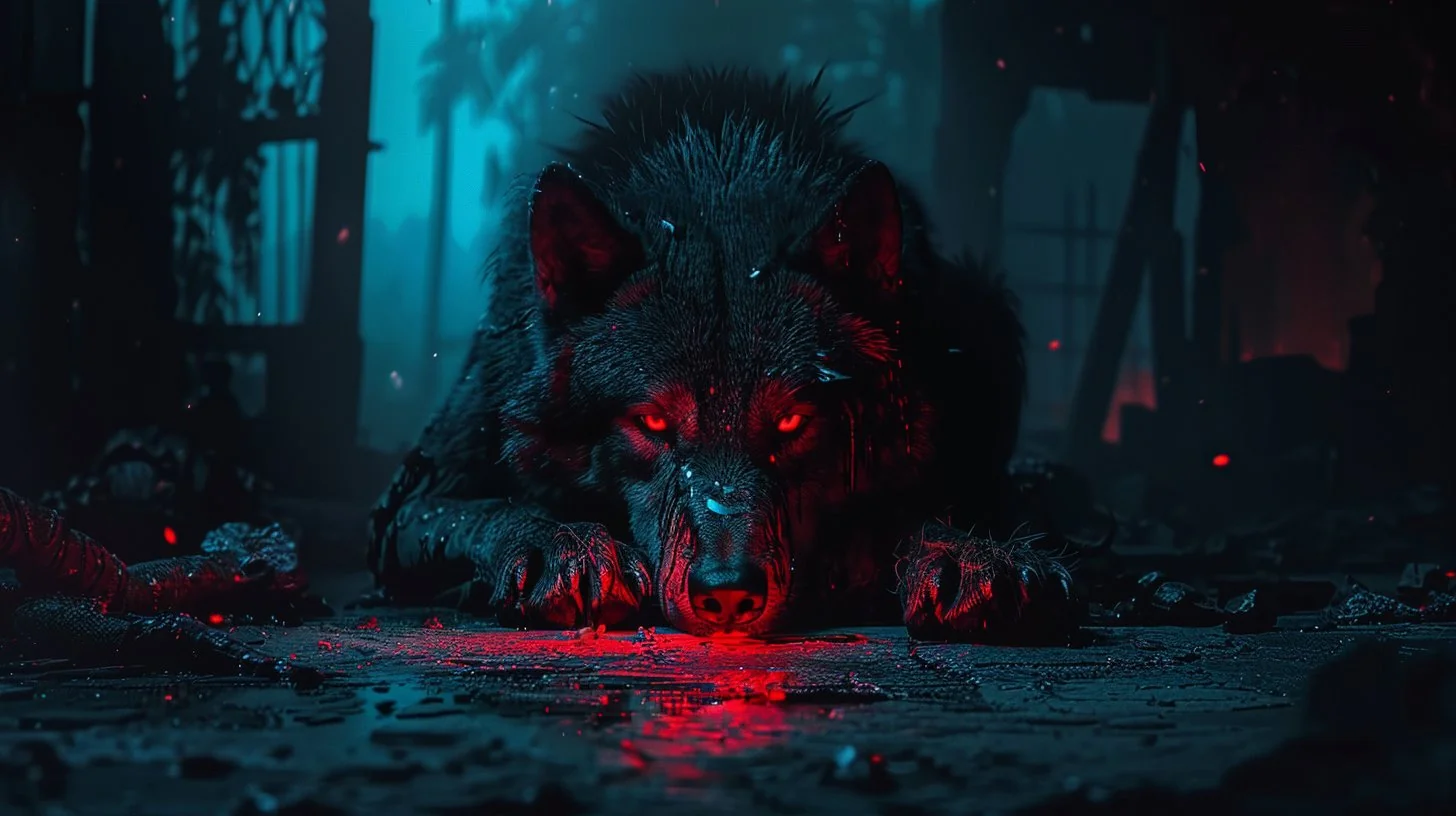
The Diablo franchise represents more than just a series of games; it is a cultural phenomenon that has significantly shaped the development and evolution of video games over the years. From its beginnings to modern-day iterations, its combination of storytelling, immersive worlds, and innovative gameplay will continue to enchant new players and veterans alike for years to come.
Cyberpunk 2077: Dive into the Neon-Drenched Future of Night City
Cyberpunk 2077 has consistently captured the imagination of gamers seeking a richly immersive universe where technology and humanity collide in thrilling ways. Set in the vibrant, sprawling metropolis of Night City, the game offers players a chance to explore a massive open world brimming with intrigue, danger, and opportunity. As V, a mercenary striving for immortality, you’ll navigate the gritty streets while engaging with diverse characters, customizing your abilities, and shaping the narrative through your choices. The game’s breathtaking visuals, intricate storytelling, and dynamic gameplay have positioned it as a landmark in the genre, inviting players to lose themselves in its dystopian charm.
Dead Space: Survive the Unthinkable
Dead Space introduces players to one of the most terrifying and immersive experiences in gaming history. Set aboard the derelict spaceship USG Ishimura, you step into the shoes of Isaac Clarke, an engineer thrust into a nightmare of unimaginable horror. Surrounded by grotesque Necromorphs, players must harness both courage and skill to survive. The chilling atmosphere, punctuated by haunting sound design and strategic resource management, immerses you in a gripping fight for survival that redefined the survival horror genre. As you dismantle the mutated inhabitants with creative weaponry, every decision you make is a pulse-pounding test of nerves and wits in this unrelenting tale of terror.

